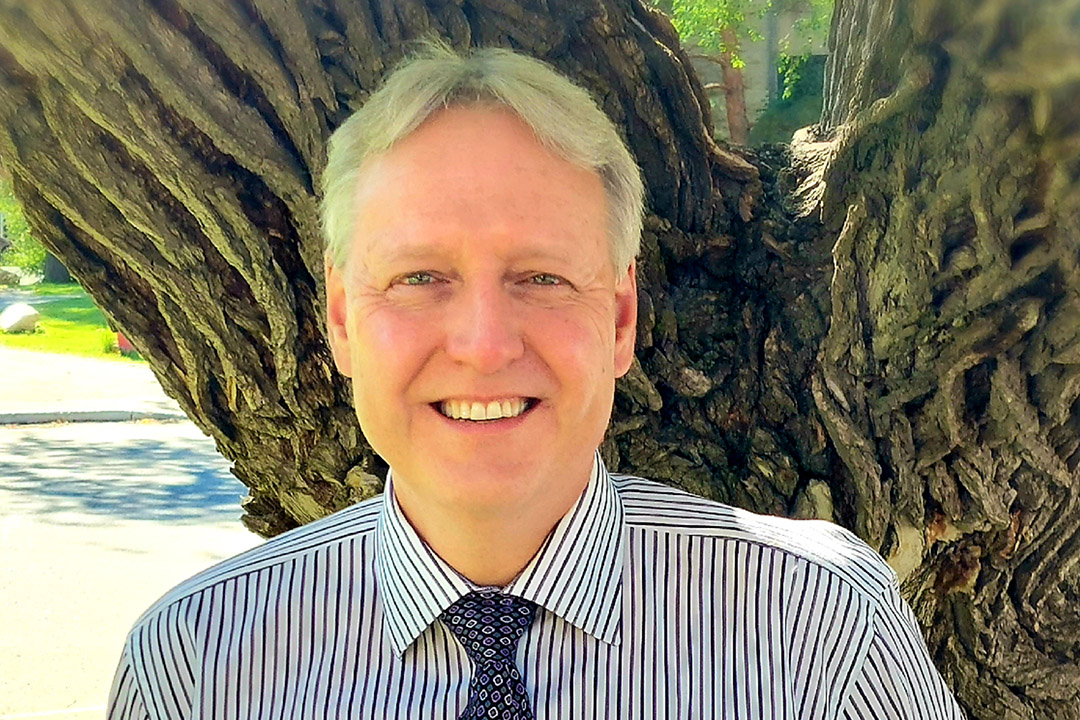
Climate change, energy security and accessible education top of mind for SENS leader
With a five-year mandate ahead of him at the University of Saskatchewan (USask), School of Environment and Sustainability (SENS) Executive Director Dr. Karsten Liber (PhD) is focused on global issues that matter most.
By Megan EvansThe first classes at SENS started 13 years ago in September of 2008, focused on climate change, environmental issues and searching for sustainability solutions. Since then, the program has developed both undergraduate and graduate courses, including master’s and PhD programs producing world-class researchers.
“Climate change is probably the most pressing issue of our time and as a School of Environment and Sustainability we must be more active in this important area,” Liber added. “Planned efforts will include the successful launch of our new Climate Change Vulnerability Assessment and Adaptation Action certificate, the recruitment of a Tier II Canada Research Chair in Climate Action and Social Innovation, and the development of further programming, such as micro-credentials and student-led research related to climate change.”
SENS recently hired Dr. Sheri Andrews-Key (PhD) as a climate change lead, anticipating that her background in climate change assessment and adaptation will support growth in this important strategic area.
“With her expertise and track record in working with industry and government professionals, SENS is very excited to have her on board to assist with growing our new certificate,” Liber said.
These efforts will complement SENS’ most recent program launch, a course-based Master of Sustainability in Energy Security that focuses on building capacity for renewable energy projects in northern, remote and Indigenous communities. SENS plans to expand research and academic activities in the area of energy security, especially as related to renewable energy for northern, Indigenous, and remote communities in Canada and beyond. Micro-credentials, student financial support, and growing Indigenous student enrolment are also areas of importance as the school looks to expand its online programs.
“SENS has two new staff members dedicated to community building and Indigenous student recruitment. These staff members will be instrumental as we look to promote our programs, build community partnerships and enrol more Indigenous Canadian students in our online program,” Liber said.
SENS is known for its community-based scholarship. The school has a long history of working successfully with Indigenous and other communities across western and northern Canada. In addition, one of the new local community partnerships for SENS scientists is USask’s Research Junction collaboration with City of Saskatoon staff. Through this partnership SENS is engaged in research designed to tackle complex community challenges, while also providing experiential learning and research opportunities for SENS students.
“SENS recognizes that there is an immediate and pressing need to infuse sustainability education into all programs at USask, whether in graduate or undergraduate education. USask is a research-intensive institution, offering quality education to domestic and international students,” Liber said. “What I want to do over the next five years is to ensure that the barriers to this quality education are removed, so that we can graduate the next generation of researchers and industry professionals who will lead conversations and inspire others to follow in their footsteps as we all work together to build a better tomorrow.”
Liber knows tackling society’s biggest challenges needs to be a campus effort.
“Continuing to build stronger relationships with other programs and units on campus is also a top priority for SENS,” he said. “Through collaboration and innovation, we remain firmly focused on developing local solutions to global problems, and that will take concerted effort from everyone: USask researchers, community members, industry, and others. We only truly succeed if we all work together towards a common goal.”
Article re-posted on .
View original article.

